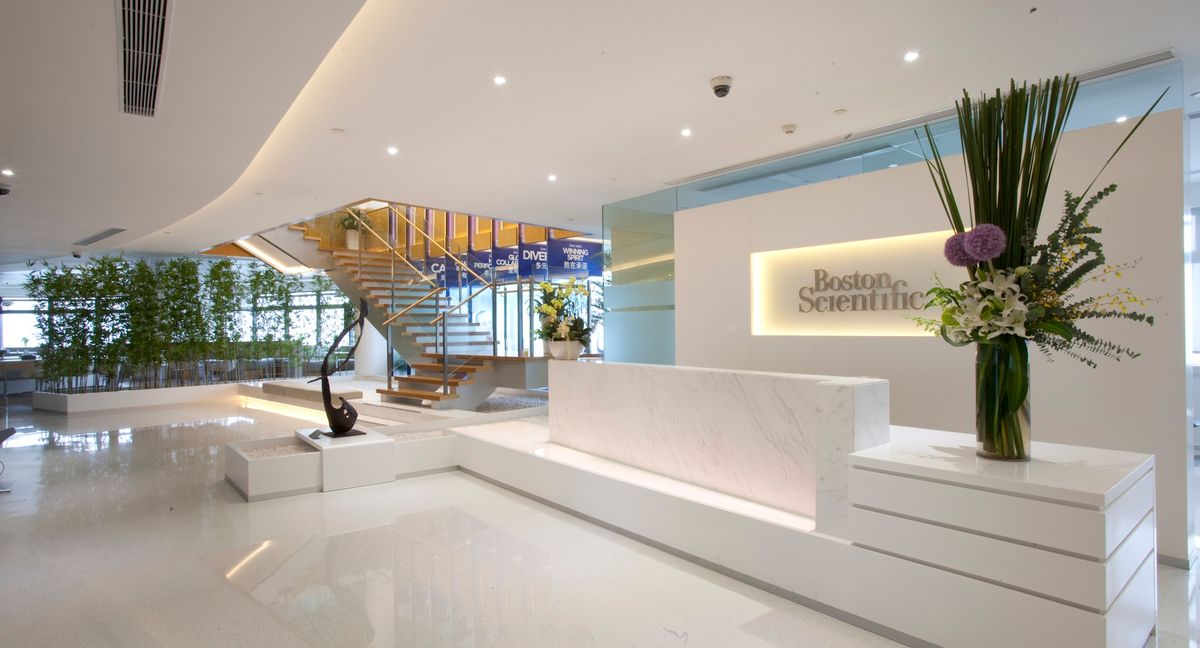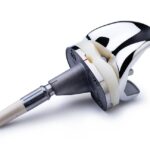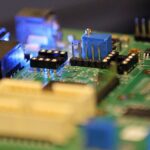Dive Brief:
- Nevro and Boston Scientific have settled their intellectual property litigation. Boston Scientific is paying $85 million, on top of the $20 million previously ordered by a court, to settle the case.
- The companies have been embroiled in a multi-year dispute over spinal cord stimulation patents that has seen Nevro chalk up multiple wins, including appeals court successes earlier this year, but also found Nevro had infringed Boston Scientific’s intellectual property.
- J.P. Morgan analysts wrote in a Monday note that the settlement is “a dollar win for Nevro, but a longer-term competitive loss” because it clears Boston Scientific to market its technologies as being paresthesia free.
-
Dive Insight:
The settlement sees Nevro grant Boston Scientific a worldwide, non-exclusive, non-transferable license to practice paresthesia-free therapy at frequencies below 1,500 Hz. Nevro previously differentiated its device on the grounds it provides pain relief without paresthesia, a term that describes tingling, buzzing or numbness.
In return, Boston Scientific will pay Nevro $85 million and grant a worldwide, non-exclusive, non-transferable license under its asserted patent families. Both companies have agreed not to sue each other over their current device features.
Shares in Nevro climbed 4.3% on the day of the news and analysts at J.P. Morgan see near-term benefits for the company, notably the cash injection and the likelihood of reduced legal costs. However, in the longer term, the analysts see the settlement as a competitive loss.
“Today’s decision essentially reverses the win Nevro got back in 2018 where a judge upheld patent ’472 protecting against ‘non-paresthesia-producing’ competition. Many players on the market were already subtly or directly advertising their devices as being paresthesia-free, such as Boston Scientific’s Contour and FAST therapies on WaveWriter Alpha and Abbott’s BurstDR on Proclaim XR, but we view this defense of the status quo as being a loss for Nevro in an increasingly challenging SCS market,” the analysts wrote.
The analysts called the outcome “another incremental challenge” for Nevro. The company is looking to its expansion into painful diabetic neuropathy to drive growth, arguing that it represents a $3.5 billion to $5 billion opportunity. However, Medtronic was quick to win approval for a rival device and the J.P. Morgan team is concerned the settlement could further weaken Nevro’s position.
“We’ve already seen a much earlier than expected competitive approval from Medtronic that could set up similar entrances from other SCS peers, and specifically a paresthesia-free solution offered by Boston Scientific,” the analysts wrote.


